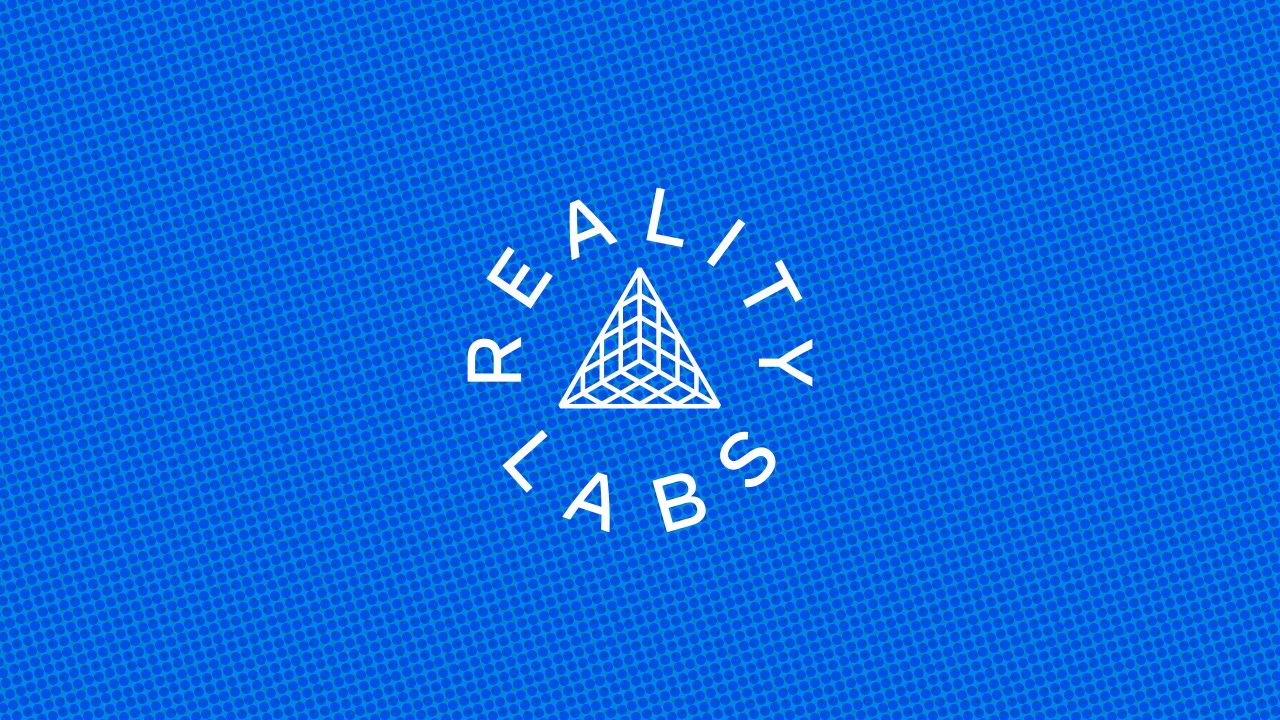Trending
Opinion: How will Project 2025 impact game developers?
The Heritage Foundation's manifesto for the possible next administration could do great harm to many, including large portions of the game development community.
In news you can file under 'painfully predictable,' Meta spent another quarter burning through the GDP of a small nation in a bid to birth the metaverse.

What can we say about Reality Labs at this point? The embattled AR, XR, and metaverse division continues to double as a cash-hungry furnace within parent company Meta.
The business lost $4.5 billion during the second quarter ended June 30, 2024. That's significantly more than the $3.7 billion loss it recorded this time last year.
It's a trend that has come to define Reality Labs—which reported full-year losses of $16.1 billion and $13.7 billion across 2023 and 2022—but Meta remains bullish about its prospects.
Discussing Meta's latest fiscal results, company CFO Susan Li said operating losses within Reality Labs are expected to "increase meaningfully year-over-year due to our ongoing product development efforts and investments to further scale our ecosystem."
She noted Reality Labs actually delivered a 28 percent upswing in revenue across Q2, "driven primarily by Quest headset sales." Expenses, however, also increased by 21 percent year-on-year due to "higher headcount-related expenses and Reality Labs inventory costs."
After acknowledging the $4.5 billion loss, Li said Reality Labs remains a "long-tern initiative" that will continue to receive meaningful investment.
"Quest 3 is selling well and Ray-Ban Meta smart glasses are showing very promising traction, with the early signals that we are seeing across demand, usage, and retention increasing our confidence in the long-run potential of AR glasses," she added.
Discussing the prospects of individual Reality Labs products, Meta CEO Mark Zuckerberg said Quest 3 sales are "outpacing" expectations. "I think that's because it's not just the best MR headset for the price, but it’s the best headset on the market, period," he added. "In addition to gaming, people are increasingly taking advantage of Quest's capabilities as a general computing platform, spending time watching videos, browsing websites, extending their PC via virtual desktop, and more."
He said the company's Ray-Ban Meta glasses have also become a "bigger hit sooner than we expected," and suggested that's largely down to a demand for AI-related hardware. Notably, Zuckerberg feels Meta's colossal Reality Labs investments have left it "well-positioned" to capitalize on that perceived AI boom.
"The last area that I want to discuss is how AI is shaping our metaverse work, which continues to be our other long-term focus. Last quarter I discussed how advances in AI have pulled in the timelines for some of our products," he said.
"A few years ago I would have predicted that holographic AR would be possible before smart AI, but now it looks like those technologies will actually be ready in the opposite order. We're well-positioned for that because of the Reality Labs investments that we've already made."
And yet, those investments haven't turned Reality Labs into a profitable business. The segment lost $3.8 billion during the first quarter of the current fiscal year, and with more losses on the horizon, Meta looks set to spend another year burning through the GDP of a small nation in a bid to realize its vision of a mixed-reality metaverse.
You May Also Like